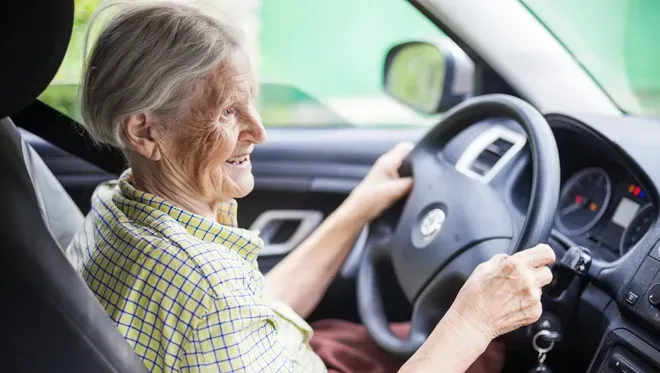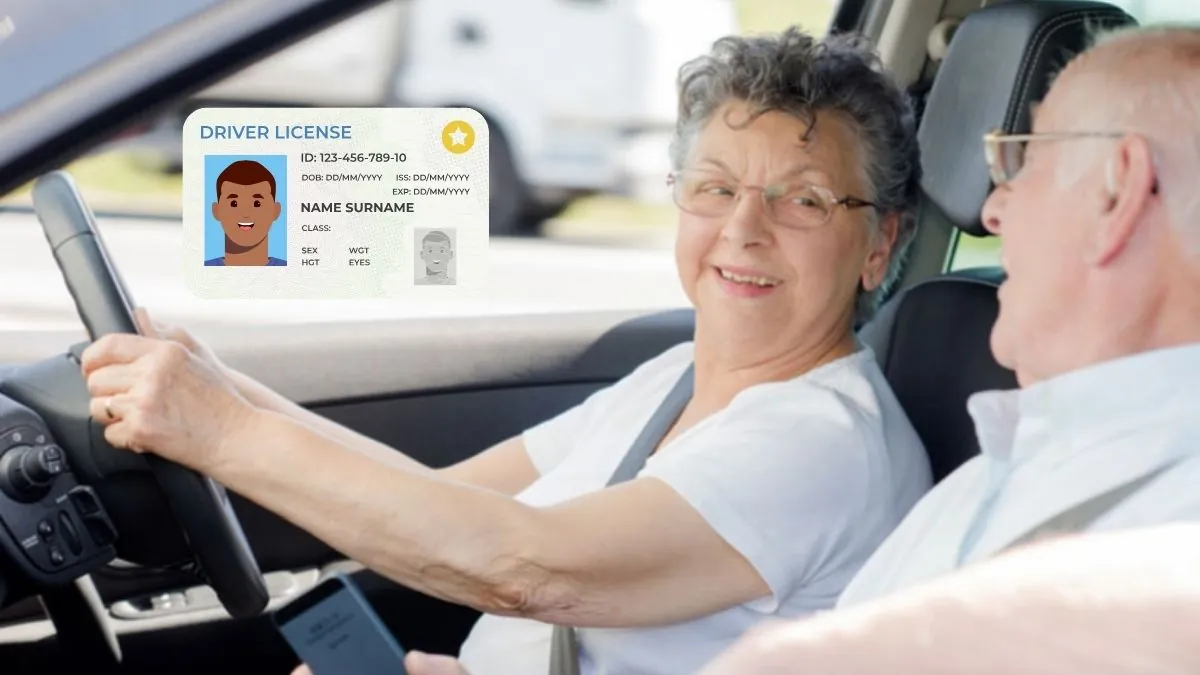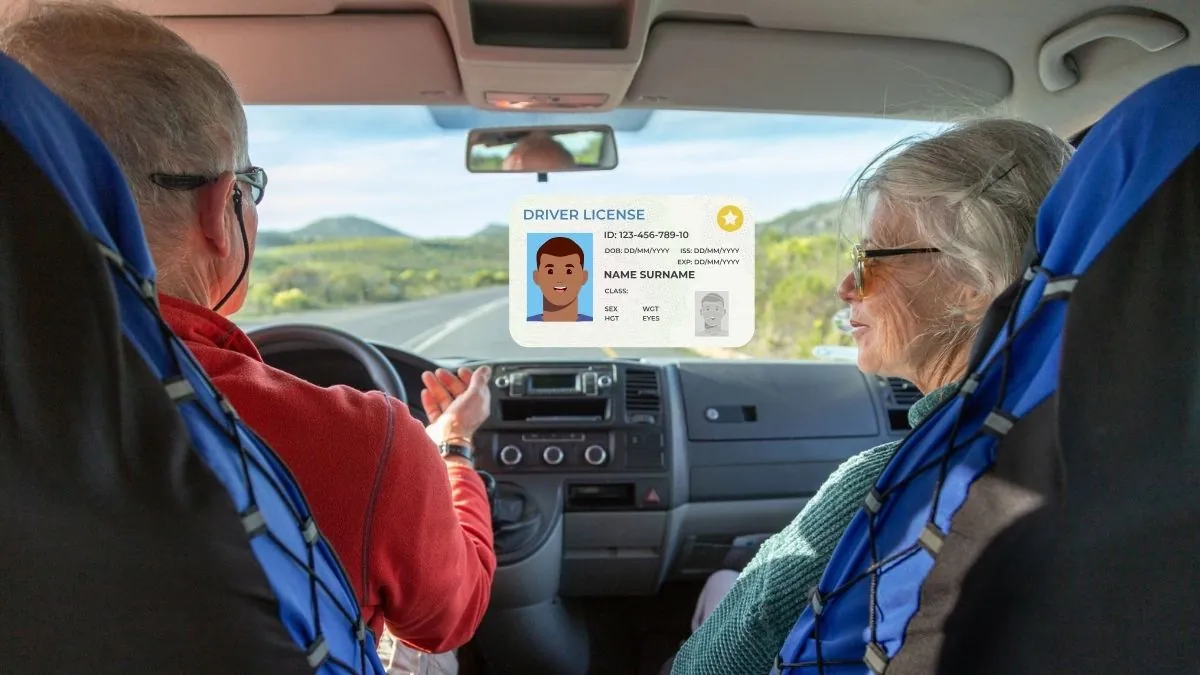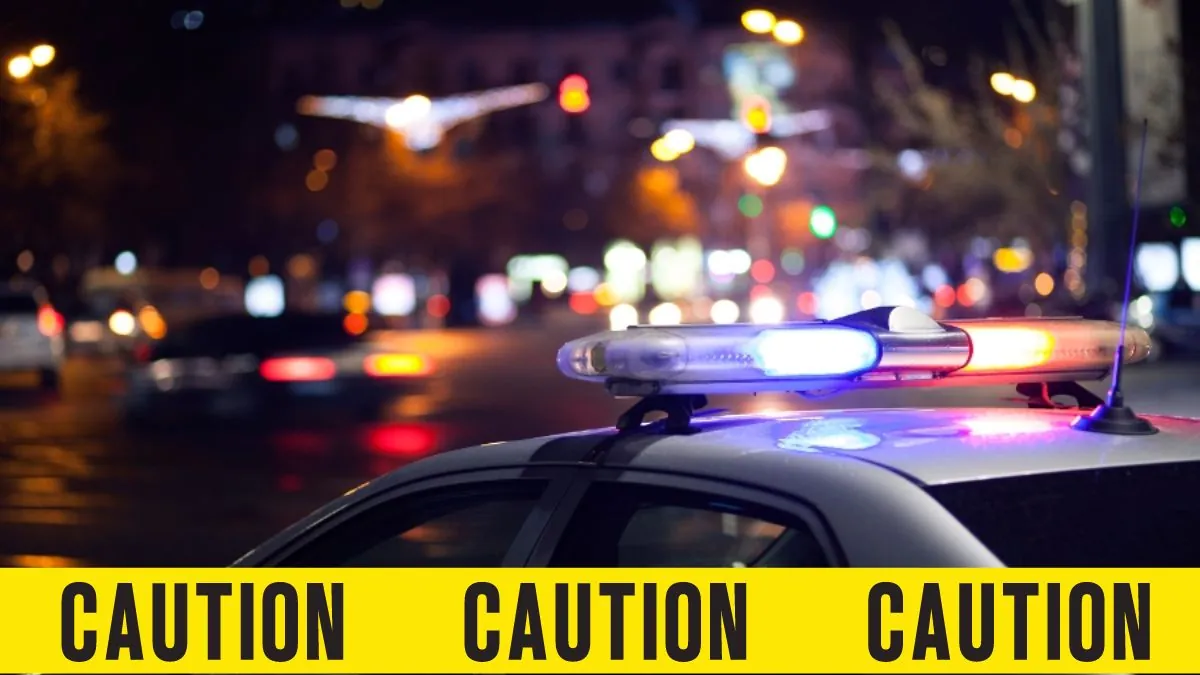As the population ages, more seniors are staying active and driving longer than previous generations. In Virginia, renewing a driver’s license can be a straightforward process, but seniors often have unique considerations and requirements that they need to be aware of. This comprehensive guide will provide all the information necessary for seniors in Virginia to renew their driver’s licenses in 2024, ensuring they stay informed and prepared.
Why Senior License Renewal is Important
Ensuring Safety on the Road
Safety is a primary concern when it comes to driving, especially for seniors who may face challenges related to aging, such as slower reaction times, diminished vision, or hearing impairments. The process of license renewal ensures that seniors are still fit to drive, keeping both them and other road users safe.
Adapting to Changing Needs
As people age, their needs change. The renewal process allows for adaptations, such as restrictions or accommodations, that can make driving safer and more comfortable for seniors.
Overview of Virginia’s License Renewal Process
General Renewal Process
In Virginia, all drivers must renew their license every eight years. The renewal process typically involves submitting an application, paying a fee, and, in some cases, taking a vision test or other assessments. For seniors, there may be additional steps or considerations.
Online vs. In-Person Renewals
Many drivers in Virginia can renew their licenses online, but seniors may need to renew in person, especially if they have health conditions that could affect their ability to drive. The Virginia Department of Motor Vehicles (DMV) has guidelines that determine who must renew in person.
Special Considerations for Seniors
For seniors, particularly those over 75, Virginia has specific requirements that must be met during the renewal process. These requirements are designed to ensure that seniors are still capable of driving safely.
Age-Based Requirements for Seniors
Age 75 and Older
In Virginia, drivers aged 75 and older must renew their licenses in person. This allows the DMV to conduct a vision test and potentially other assessments to ensure that the senior is still fit to drive.
Vision Testing
For seniors, a vision test is mandatory during the in-person renewal process. This test ensures that the driver has adequate vision to operate a vehicle safely. If the senior fails the vision test, they may be required to get corrective lenses or have restrictions placed on their license.
Medical Evaluations
In some cases, seniors may be asked to provide a medical evaluation from their healthcare provider. This evaluation is required if there are concerns about the senior’s physical or mental ability to drive. The DMV may request this evaluation based on observations made during the renewal process or if they receive reports from law enforcement or medical professionals.
How to Prepare for the Renewal Process
Gathering Necessary Documents
Before heading to the DMV, seniors should gather all necessary documents, including their current driver’s license, proof of residency, and any medical records that might be required. Having these documents ready can make the process smoother and faster.
Reviewing Health and Vision
It’s a good idea for seniors to visit their healthcare provider before renewing their license to ensure their health and vision are up to standard. This visit can help address any potential issues before they become a problem during the renewal process.
Understanding Restrictions and Accommodations
Seniors should be aware that the DMV may place restrictions on their license if there are concerns about their ability to drive safely. These restrictions could include driving only during daylight hours, using corrective lenses, or not driving on highways. Understanding these potential restrictions can help seniors prepare for the possibility.
Common Challenges Seniors Face During License Renewal
Health Concerns
As mentioned earlier, health concerns such as diminished vision, hearing loss, or slower reflexes can be significant challenges for seniors. It’s important for seniors to be aware of these issues and address them before attempting to renew their license.
Technology Barriers
Many seniors may not be as comfortable with technology, which can make the online renewal process challenging. However, the Virginia DMV offers in-person assistance and has made efforts to ensure that seniors can complete the renewal process without needing to rely on technology.
Transportation to the DMV
For seniors who no longer drive frequently or who have mobility issues, getting to the DMV can be a challenge. Some may need to rely on family members, friends, or public transportation. It’s important to plan ahead to ensure that transportation is available when it’s time to renew.
DMV Locations and Services for Seniors
Senior-Friendly DMV Locations
Virginia has numerous DMV locations across the state, some of which are more senior-friendly. These locations may offer special services or accommodations for seniors, such as shorter wait times or seating arrangements.
DMV 2 Go
The DMV 2 Go program is a mobile DMV service that travels to different locations across Virginia, bringing DMV services directly to residents. This can be especially beneficial for seniors who may have difficulty traveling to a traditional DMV office. The mobile unit offers services such as license renewals, ID card renewals, and more.
Senior Driver Safety Program
The Virginia DMV offers a Senior Driver Safety Program that provides resources and education for senior drivers. This program includes information on safe driving practices, tips for adapting to changes in driving abilities, and details on how to renew a license.
Impact of License Renewal on Seniors’ Independence
Maintaining Independence
For many seniors, the ability to drive is closely tied to their independence. Renewing a driver’s license allows seniors to continue living independently, accessing essential services, socializing with friends and family, and participating in community activities.
Addressing Concerns About Giving Up Driving
While many seniors are able to renew their licenses and continue driving, some may face the difficult decision of giving up driving. This can be a challenging and emotional process, but it’s important for seniors and their families to prioritize safety. If driving is no longer a safe option, there are alternative transportation options available.
Alternative Transportation Options for Seniors
Public Transportation
In cities like Richmond, Virginia Beach, and Arlington, public transportation is a viable option for seniors who no longer drive. These cities offer bus and light rail services that are accessible and affordable for seniors.
Ride-Sharing Services
Ride-sharing services like Uber and Lyft are increasingly popular among seniors, providing a convenient and flexible transportation option. These services can be a great alternative for seniors who no longer drive but still want to maintain their independence.
Senior Transportation Programs
Many communities in Virginia offer senior transportation programs that provide rides to medical appointments, grocery stores, and other essential destinations. These programs are often free or low-cost and are designed to help seniors maintain their independence even if they no longer drive.
Legal Considerations and Support for Seniors
Legal Requirements
It’s important for seniors to understand the legal requirements for renewing a driver’s license in Virginia. This includes understanding the vision and medical requirements, as well as any potential restrictions that may be placed on their license.
Support for Seniors and Families
For seniors who need assistance with the renewal process, there are resources available. The Virginia DMV offers support services, and there are also community organizations that provide assistance to seniors and their families.
Dealing with License Denial
In some cases, a senior may be denied a license renewal due to health or safety concerns. If this happens, it’s important to understand the reasons for the denial and explore alternative options. Seniors have the right to appeal the decision, and there are legal resources available to help with this process.
Case Studies: Senior License Renewal Experiences in Virginia
Case Study 1: John’s Renewal Journey in Richmond
John, a 78-year-old resident of Richmond, had been driving for over 60 years. When it came time to renew his license in 2024, he was concerned about his vision, which had been gradually declining. John visited his eye doctor and obtained a corrective lens prescription. With his new glasses, he passed the vision test at the DMV and successfully renewed his license. John also took advantage of the DMV’s online resources to review driving safety tips for seniors.
Case Study 2: Mary’s Transition to Alternative Transportation in Arlington
Mary, an 80-year-old from Arlington, faced a different challenge. During her license renewal process, it was determined that her reaction times were too slow for safe driving. After discussing the results with her family and doctor, Mary decided to stop driving. She began using Arlington’s senior transportation program, which provided her with the freedom to continue her daily routines without the stress of driving.
Future Trends in Senior Driving and License Renewal
Advancements in Vehicle Technology
With advancements in vehicle technology, such as autonomous driving features and improved safety systems, the future of senior driving may look very different. These technologies could help extend the period during which seniors can safely drive.
Policy Changes and Considerations
As the population of senior drivers increases, there may be policy changes in Virginia to address the unique needs of older drivers. This could include more frequent vision and medical tests, as well as expanded support services for seniors who choose to stop driving.
Increased Focus on Alternative Transportation
With the aging population, there may be an increased focus on expanding and improving alternative transportation options for seniors. This could include more senior-friendly public transportation, expanded ride-sharing services, and more community-based transportation programs.
Conclusion
Renewing a driver’s license is an important process for seniors in Virginia, ensuring that they can continue to drive safely and maintain their independence. By understanding the requirements and preparing accordingly, seniors can navigate the renewal process with confidence. Whether they choose to continue driving or transition to alternative transportation, the resources and support available in Virginia can help them make the best decision for their safety and well-being.
This guide has provided an overview of the 2024 license renewal process for seniors in Virginia, covering everything from the basic requirements to the challenges seniors may face. By staying informed and proactive, seniors can ensure that they remain safe and independent on the road for as long as possible.
This Article Includes
- 1 Why Senior License Renewal is Important
- 2 Overview of Virginia’s License Renewal Process
- 3 Age-Based Requirements for Seniors
- 4 How to Prepare for the Renewal Process
- 5 Common Challenges Seniors Face During License Renewal
- 6 DMV Locations and Services for Seniors
- 7 Impact of License Renewal on Seniors’ Independence
- 8 Alternative Transportation Options for Seniors
- 9 Legal Considerations and Support for Seniors
- 10 Case Studies: Senior License Renewal Experiences in Virginia
- 11 Future Trends in Senior Driving and License Renewal
- 12 Conclusion







